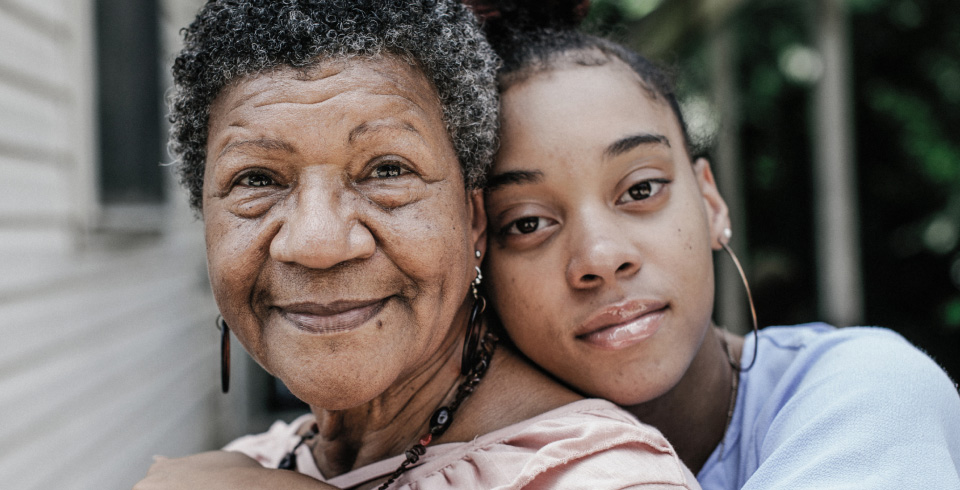
Choosing a memory care facility?
When looking for memory care for your loved one, you need to look at the communities through the eyes of the individual living with memory loss. That is difficult. When we finally accept we can no longer have them safely in their home, we begin looking for an environment which has what we desire and want. We may be driven by a sense of guilt, a desire to give mom or spouse something they have never had. We want to give them a quality life. Unfortunately, we rarely remember the unique changes dementia has affected with our loved one’s ability to succeed.
Rarely do we look with our loved one’s changed cognition as the filter which predicts their success. It is this failure to filter that allows us to see a suite as an ideal setting. We see the spacious room—sometimes complete with kitchen appliances. We love the large bathroom with shower. It very much looks and feels like a spa setting. Perfect for mom or spouse.
Step back and consider the changes you are seeing which are prompting you to place your loved one. If you were to take them to a hotel suite,
- Would they be able to navigate without you there to assist?
- How much assistance would you need to give?
- Could you leave them in this hotel room all night with no worries?
- Are they able to successfully operate the appliances?
If you answer one of these questions without a resounding yes, the suite will not be sweet for your loved one. In fact, it will be a physical, cognitive and social danger zone.
Research shows that falls occur most frequently in bedrooms and bathrooms. In fact, one study showed 75% of all falls were in patient rooms while only 22% were in common areas. Falls often lead to hospitalization which frequently triggers a rapid cognitive decline. Research shows the best fall prevention relies on ambulatory monitoring that avoids privacy issues in bedrooms and bathrooms. In other words, personal space is unmonitored space.
With Alzheimer’s and related dementias, the individual’s ability to cognitively navigate environment and situation is regressing back to earlier experience and abilities. Comfort is found in environments which more closely resemble remembered homes from adolescent and childhood. Staying in a suite was a travel experience for some, but not like living at home. Cognitively, the suite is overwhelming in its intricacies. The individual with dementia isolates to a recliner, or the bed as a safe zone. The sheer number of doors can baffle. Which one is the exit? Which is the door for the bathroom? This isolation response results in the socially engaged mother becoming a suite hermit. Research shows how important social engagement is to slowing cognitive decline and behaviors.
What looks ideal to you, the care companion, is a cognitive nightmare to your loved one.
Arden Courts Memory Care Communities have the researched design that will best serve your loved one’s physical, cognitive and social needs. When you tour, consider your loved one’s growing up years. Take note of how Arden Courts models your loved one’s cognitively comforting past while stimulating her present with engagement and purpose. Before you leave your tour, don’t forget to ask about Arden Courts’ family satisfaction ratings. Call Arden Courts today at 1.888.478.2410, to see with your own eyes what a difference design makes.
By-line: Cate McCarty, Ph.D., ADC has been collaborating with Arden Courts in a variety of roles since the late 90’s. Her background in nursing, activities and admissions has given her a passionate commitment to quality of life for the individual and family with dementia.
References
- Chaudhury, H., Cooke, H.A., Cowie, H., Razaghi, L. (2017). The influence of the physical environment on residents with dementia in long-term care settings: A review of the empirical literature, The Gerontologist, March 10, Epub ahead of print.
- Hajduchová ,H. Brabcová, I., Tóthová, V., Bártlová, S. (2016). Retrospective analysis of falls in selected hospitals of the Czech Republic, Neurology & Endorinology Letters, 37(S2): 18-24.
- McArthur, C., Gonzalez, D.A., Roy, E., Giangregorio, L. (2016). What are the circumstances of falls and fractures in long-term care? Canadian Journal of Aging, 35(4): 491-498.
- Morgan, D.G., Stewart, N.J.(2002). Theory building through mixed-method evaluation of a dementia special care unit, Research Nursing Health, 25(6): 479-488.
- Rapp, K., Becker ,C., Cameron, I.D., König, H.H., Büchele, G. (2012). Epidemiology of falls in residential aged care: Analysis of more than 70,000 falls from residents of Bavarian nursing homes, Journal of the American Medical Directors Association, 13(2): 187-197.
- Woodbridge, R., Sullivan, M.P., Harding, E., Crutch, S., Gilhooly, K.J., Gilhooly, M., McIntyre, A., Wilson, L. (2016). Use of the physical environment to support everyday activities for people with dementia: A systematic review, Dementia (London), Aug 4 (Epub ahead of print).


